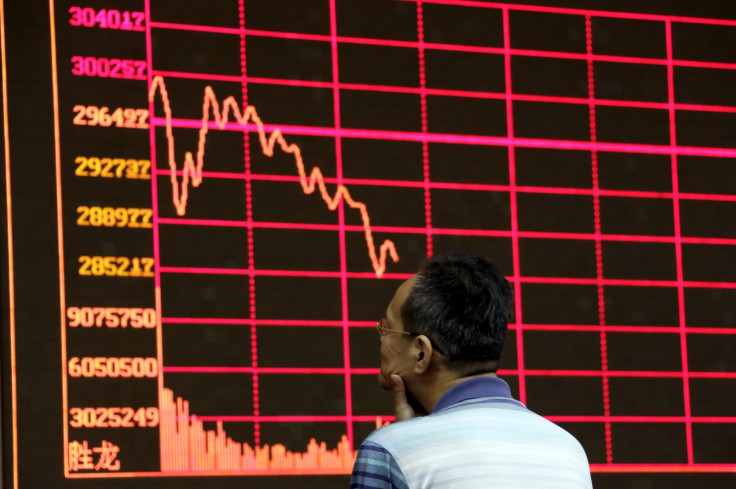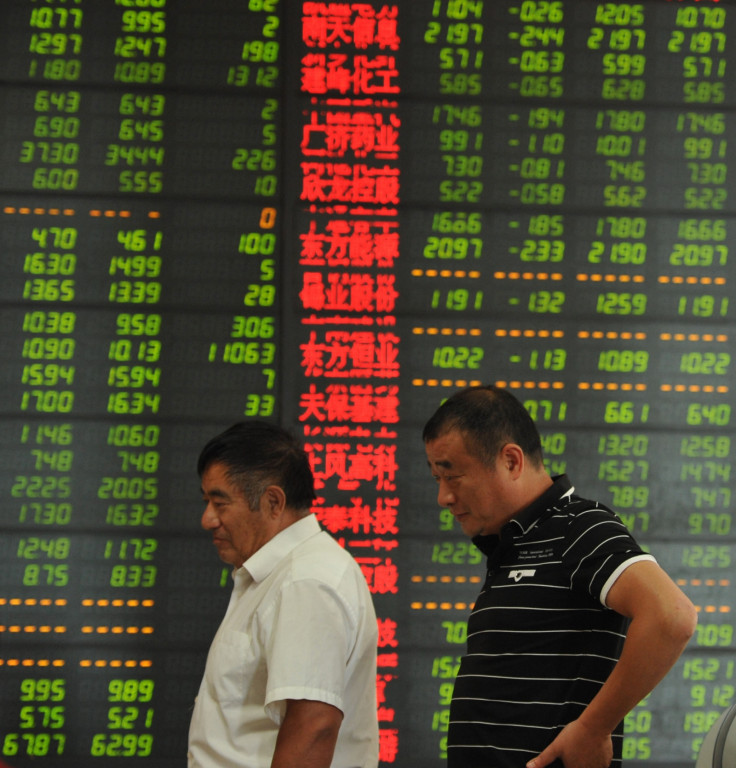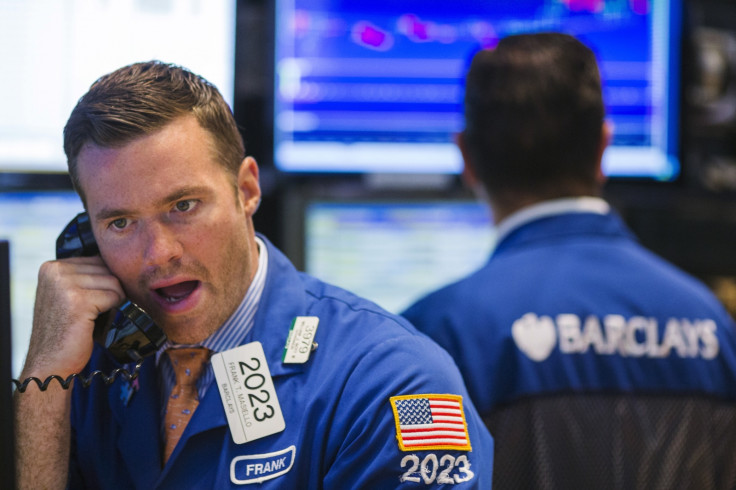Black Monday aftermath: What caused the crash and what happens next?

Almost as if market watchers had been expecting it, the steep decline of the Shanghai Composite on Monday 24 August was named "Black Monday" before Asian markets had even closed.
Thanks to social media, everyone was talking about the financial fiasco. Analysts even told investors to "stop reading" if they were on holiday and were not up-to-date with what was going on. Meanwhile, economists and experts took to the mic to give their analysis of what was going on – yet no one could say for sure what had caused the main downturn.
A definite contender is the over leveraging of the traded ecosystem - a vaguely familiar story. An army of 90 million private Chinese investors, intoxicated by the country's nosebleed growth rate year on year, availed themselves of all manner of credit facility to increase their trading capacity. This was achieved via so-called shadow banking arena and this is something China will now have to regulate with extreme prejudice.
In an interview with IBTimes UK, Herwin Loman, a senior China economist at Rabobank, said: "It's hard to put it in perspective. We saw an incredible decline on Monday and the fact is, things have not been going well on the market for a while now, but the Shanghai Composite is not a great indicator to see how the Chinese economy is doing."
We saw an incredible decline on Monday and the fact is, things have not been going well on the market for a while now, but the Shanghai Composite is not a great indicator to see how the Chinese economy is doing.
The Shanghai Composite had been gaining for months and it was seen as one of the strongest stock markets, but the bubble popped in July. On 24 August, the index fell by 8% and, following days of major declines, lost all the gains it made in 2015. The fall was worse than expected.
Chinese investors had been hopeful that remedial efforts from the Chinese government could stem the rout. The day after Black Monday, the People's Bank of China (PBoC) announced a cut in the reserve requirement ratio and the interest rate, hoping it would encourage further investments. Before that, the communist government had already imposed measures that prevented big investors from selling shares.
"The monetary easing seems to [have been] primarily aimed at supporting the real economy," Loman said, arguing that the PBoC is more likely to focus on the Chinese economy than just the stock market. The Shanghai Composite fell significantly less the day after the measures, but the market still lost 1.27% on Wednesday.
The confusion about what is causing the rout in China and the bigger underlying problems are likely to prevent the measures taken by the PBoC from having a strong effect on the market or indeed the Chinese economy. These measures would make it slightly more appealing for certain shareholders to increase their investments, but the underlying problem causing the crash is too big to solve by cutting rates and reserve ratios.
Loman also pointed out that, historically, the stock market per se has not been a fair indicator of the health of the Chinese economy. For example, in the beginning of 2015, the GDP growth rate and other macroeconomic numbers were already signalling a slight downturn, while the surge of the stock market was properly kicking off.

"The downturn on the Composite may still be interpreted as a signal that the Chinese economy is weaker than was expected," Loman added. "Disappointing PMI numbers for both July and August, and the export numbers in July which experienced a downturn of 8%, provide clearer signals that things are not as great in China as people may have thought."
Although the Chinese government wants to switch to a consumer-driven economy which is focused on services rather than industrial output, the last thing it would want is to deal with a wipe-out of the country's manufacturing industry, which would create unemployment and potentially stir unrest among its citizens.
International markets
Although the amount of foreign investment on the Shanghai Composite is very limited, international stock markets, especially in the US and Europe, responded strongly. Indeed the global reaction to the crash was tremendous.
As investors expected the commodities demand from China to plummet, the already struggling natural resources market plunged. Shai Heffetz, who is the managing director at trading giant Intertrader, explained that this dependence, especially in the UK, can explain the huge global reaction. "Given that the FTSE 100 is heavily loaded with energy companies, the weakening of these commodities is having a knock-on effect on the entire index. Globally, we've been forced to question where this suggested growth has been coming from," he added.
The response was even more visible in US markets. The Dow Jones Industrial Average plunged by more than 100 points just after markets opened. Augustin Eden, a researcher at Accendo Markets, spoke of a "wider global equity rout".

The extreme downfall in the US caused a shock worldwide. "US stocks suffered their worst session in four years on [Black] Monday," Eden said, "with markets spooked by concerns about the global economy and the prospect of interest rate hikes. Treasuries meanwhile were bolstered by the losses seen at the open of Wall Street as US equities fell sharply."
However, US markets bounced back up on Wednesday, just two days after the crash in Shanghai, with investors hopeful after reports that durable goods orders had jumped by 2.2% in July – the biggest rise in more than a year – and that retail sales, the housing market and overall consumer spending in the US indicated a continued economic recovery.
So soon after the crash, which some blamed on a lack of concrete measures from the Chinese government, it is hard to say where it started to go wrong in July or what the long-term impact will be. However, thousands of publicly listed companies decreased in value on Black Monday and it is clear that, since the Chinese government started devaluing the Yuan, almost $5tn worth of equities is estimated to have been written off. We will probably not know the exact impact of the crash in China for some time, but it is probably unwise to take it lightly.
© Copyright IBTimes 2024. All rights reserved.






